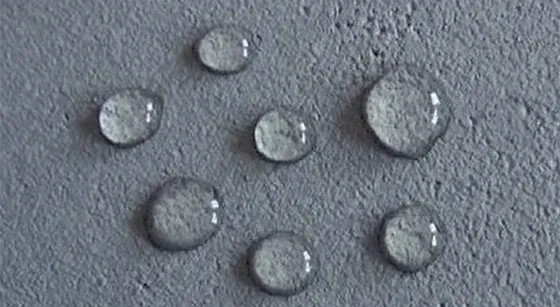
Understanding the PVA Process for Enhanced Performance and Efficiency in Various Applications
Understanding the PVA Process A Comprehensive Overview
The PVA process, or Polyvinyl Alcohol process, plays a significant role in various industrial applications due to its unique properties and versatility. Polyvinyl Alcohol (PVA) is a synthetic polymer that is water-soluble and widely used in several fields, including textiles, adhesives, and pharmaceuticals. This article delves into the intricacies of the PVA process, its applications, and benefits.
What is PVA?
Polyvinyl Alcohol is a synthetic polymer derived from the polymerization of vinyl acetate followed by hydrolysis. It appears as a white or off-white powder that is soluble in water. Its properties can be modified by altering the degree of hydrolysis and molecular weight, making PVA suitable for a variety of applications. Some of its key characteristics include excellent film-forming ability, high tensile strength, resistance to oils, and biodegradability.
The PVA Process
The PVA process primarily involves the synthesis of polyvinyl acetate, which is then hydrolyzed to produce PVA. The hydrolysis process can be accomplished through either a partial or complete method, depending on the desired end product. Generally, the steps are as follows
1. Polymerization Vinyl acetate is polymerized through free radical initiation to form polyvinyl acetate (PVAc). 2. Hydrolysis The polyvinyl acetate is then hydrolyzed using water in the presence of an acid or base to convert it into PVA. The extent of hydrolysis determines the properties of the final product.
3. Purification The polymer solution is purified to remove any unreacted materials or by-products, ensuring that the final PVA product is of high quality.
4. Drying and Milling The purified PVA solution is then dried and milled into powder form for storage and transport.
pva process

Applications of PVA
The applications of PVA are vast, reflecting its versatile nature. It is widely used in the textile industry as a sizing agent, which helps to improve the strength and finish of fabrics. In the field of adhesives, PVA serves as a key ingredient due to its excellent bonding properties. Additionally, it is used in the production of films and coatings, providing moisture resistance and film strength.
In the pharmaceutical industry, PVA is valued for its role in drug delivery systems, as it can form hydrogels that are responsive to various stimuli. Furthermore, PVA finds utility in the production of biodegradable materials, aligning with the growing trend towards sustainability.
Benefits of the PVA Process
The PVA process presents numerous benefits. Firstly, the ability to tailor the properties of PVA through hydrolysis allows manufacturers to produce customized products to meet specific application requirements. Secondly, PVA is non-toxic and biodegradable, making it an environmentally friendly option compared to other synthetic polymers. The water-soluble nature of PVA also facilitates easy handling and application across various sectors.
Moreover, the advances in production technologies have enhanced the efficiency of the PVA process, reducing costs and waste associated with manufacturing. Researchers are continually exploring new potential applications for PVA, thus broadening its utility.
Conclusion
In summary, the PVA process is a crucial methodology for producing a polymer that is used widely across various industries. Its unique properties, coupled with the ability to adapt its characteristics through the hydrolysis process, render it an indispensable material. As the demand for sustainable and environmentally friendly products grows, PVA is likely to play an even more prominent role in the future. Understanding the PVA process will not only benefit manufacturers but also contribute to the advancement of technologies that prioritize sustainability and efficiency.
-
CCMC-Na: High-Performance Thickener & StabilizerNewsAug.15,2025
-
Ethylcellulose Aqueous Dispersion: Stable, Versatile Coating SolutionNewsAug.14,2025
-
High-Purity Microcrystalline Cellulose (MCC) Excipient & BinderNewsAug.13,2025
-
Methyl Cellulose: Versatile Binder, Thickener & StabilizerNewsAug.12,2025
-
Hydroxy Starch: Superior Thickener & Stabilizer SolutionsNewsAug.11,2025
-
Advanced Antifoam & Defoamer Solutions for Foam ControlNewsAug.10,2025





















